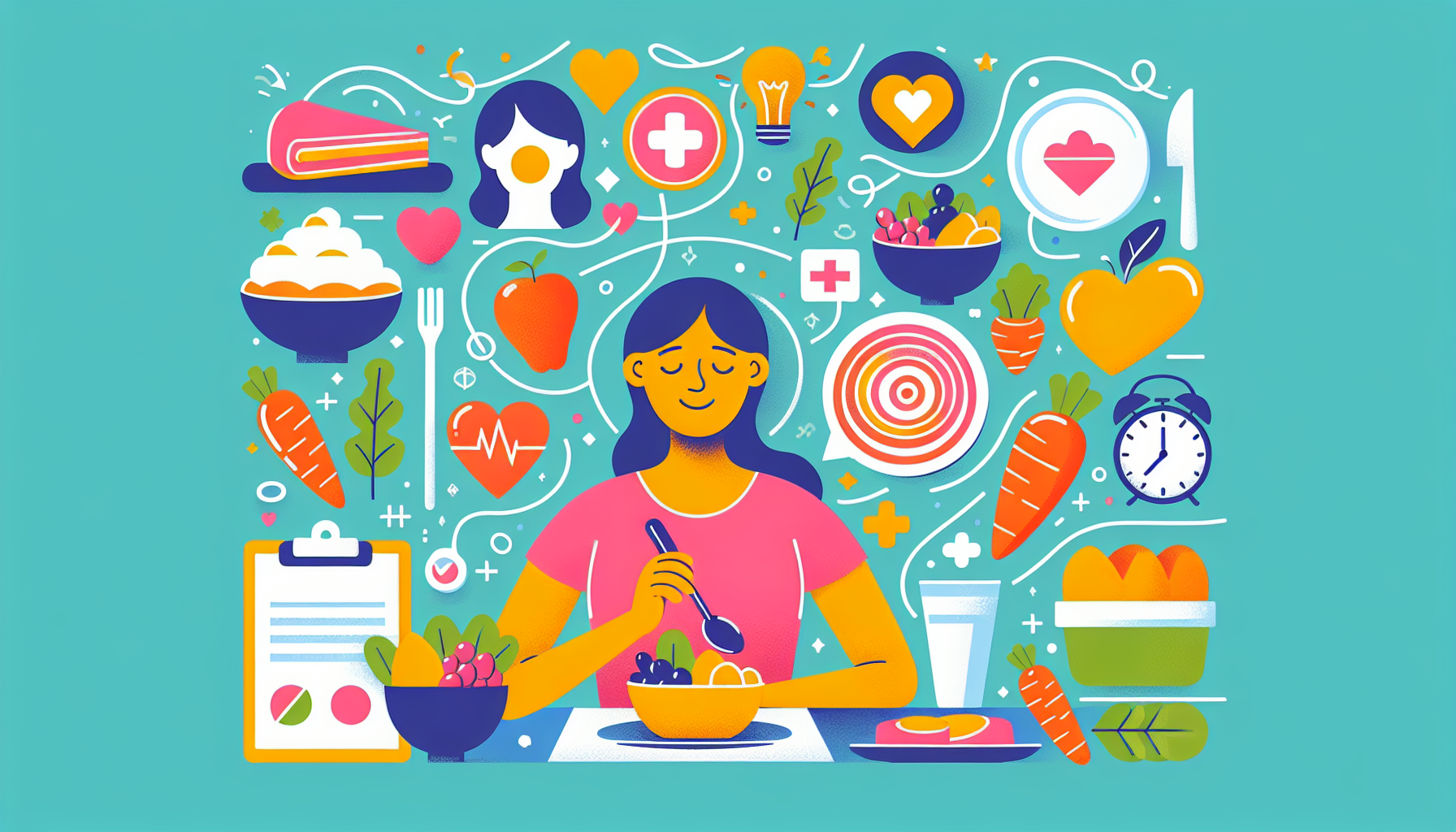Recovering from a stroke requires proper nutrition to help your body heal and reduce the risk of another stroke. However, the effects of a stroke can make eating more challenging. This guide provides practical tips to help you maintain a healthy diet during your recovery.
Overcoming Swallowing Difficulties
A stroke can cause trouble swallowing, leading to coughing, choking, or liquid coming out of your nose when eating. To manage these issues:
Choose soft foods like cooked cereal, mashed potatoes, and applesauce
Cut tougher foods into small pieces or blend them
Thicken liquids with tapioca, cornstarch, or banana flakes to prevent choking
Work with a speech therapist to strengthen swallowing muscles through exercises or neuromuscular electrical stimulation
Consider prescription medications, such as muscle relaxers, to help open your throat
Adapting to Weakened Arm and Hand Muscles
Stroke-related muscle weakness can make using utensils difficult. Try these solutions:
Use flatware with larger, thicker handles for a better grip
Opt for curved-blade knives that allow one-handed cutting
Install plate guards to help scoop food with one hand
Place rubberized pads under plates and bowls to prevent sliding
Invest in adaptive kitchen equipment like easy-grip scissors and specially designed cutting boards
Choosing Nutritious Foods for Recovery
Focus on nutrient-dense foods that support brain health and overall recovery:
Brain-Healthy Foods:
Fatty fish like salmon, mackerel, sardines, and tuna (rich in omega-3 fatty acids)
Berries such as blueberries, strawberries, and blackberries (high in antioxidants)
Leafy greens like spinach, kale, and arugula (packed with folate and vitamins)
Nuts and seeds, especially walnuts, flaxseeds, and chia seeds (contain healthy fats and protein)
Heart-Healthy Options:
Whole grains like oatmeal, quinoa, brown rice, and whole wheat bread (fiber and B vitamins)
Lean proteins such as chicken breast, turkey, beans, lentils, and tofu
Avocados (rich in monounsaturated fats and potassium)
Olive oil for cooking and dressings (anti-inflammatory properties)
Antioxidant-Rich Foods:
Colorful vegetables like bell peppers, carrots, sweet potatoes, and beets
Tomatoes (rich in lycopene)
Dark chocolate in moderation (flavonoids for brain health)
Green tea (contains beneficial compounds for cognitive function)
Foods High in Potassium:
Bananas, oranges, and melons
Potatoes and sweet potatoes
Low-fat dairy products like yogurt and milk
Boosting Your Appetite
A stroke can affect your sense of taste or smell, leading to a loss of appetite. Depression can also contribute to a decreased desire to eat. To stimulate your appetite:
Choose flavorful foods that are low in saturated fat and salt, such as citrus fruits, herbs, and spices
Opt for colorful, appetizing foods like salmon, carrots, and dark green vegetables
Eat high-calorie foods first and consider liquid supplements for added nutrients
Engage in light exercise, such as walking, to increase hunger
Have your dentures checked annually to ensure a comfortable fit
Address depression with the help of a doctor, therapist, or counselor
Managing Fatigue and Meal Planning
Fatigue is common after a stroke, making meal preparation challenging. Simplify healthy eating with these strategies:
Make breakfast your largest meal when energy levels are highest
Keep dinner simple, like a sandwich or cereal
Consider eating 6 small meals a day instead of 3 larger ones
Purchase pre-cut, pre-washed fruits and vegetables for easy preparation
Ask loved ones to prepare freezer-friendly meals for days when cooking is too tiring
Look into local Meals on Wheels programs for affordable, delivered meals
Share meals with others to create a supportive, social environment
Foods to Limit or Avoid
To reduce the risk of another stroke, limit:
High-sodium foods like processed meats, canned soups, and fast food
Saturated and trans fats found in fried foods and baked goods
Excessive alcohol consumption
Added sugars in sodas, candies, and desserts
For more information on stroke recovery and healthy eating, visit the American Stroke Association, NHS, and Heart and Stroke Foundation of Canada.
Remember, every stroke recovery journey is unique. Work closely with your healthcare team to develop a personalized nutrition plan that meets your specific needs and promotes a successful recovery.
The Bottom Line
Recovery nutrition focuses on anti-inflammatory foods while managing swallowing safety through texture modifications and adaptive tools. Consistent meal timing with brain-healthy choices significantly impacts both immediate healing and long-term stroke prevention. Doctronic can provide personalized dietary guidance based on your specific recovery needs and swallowing abilities.



